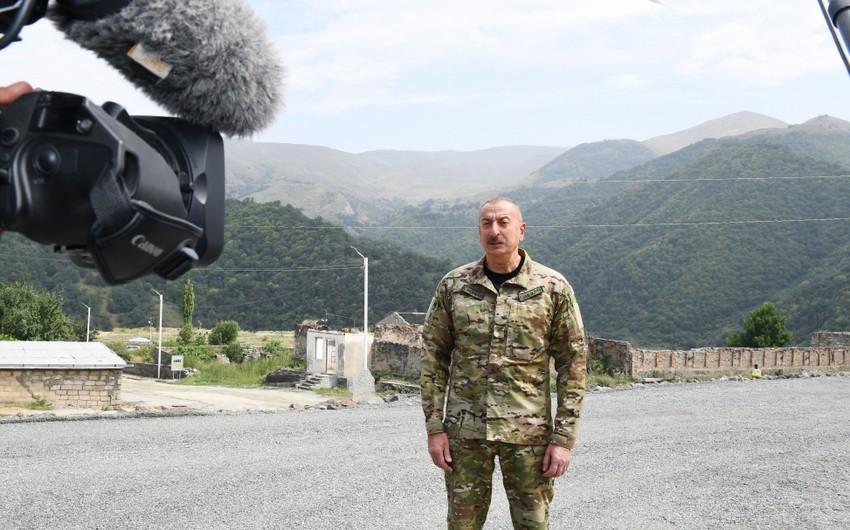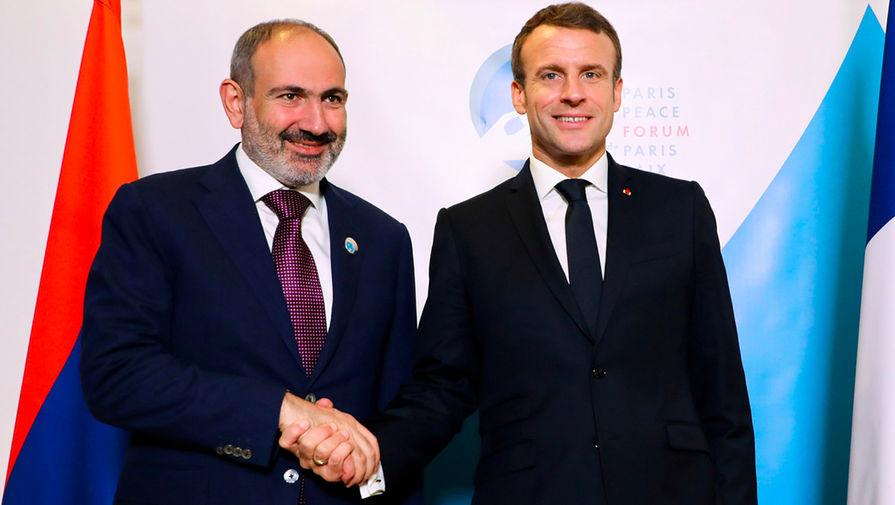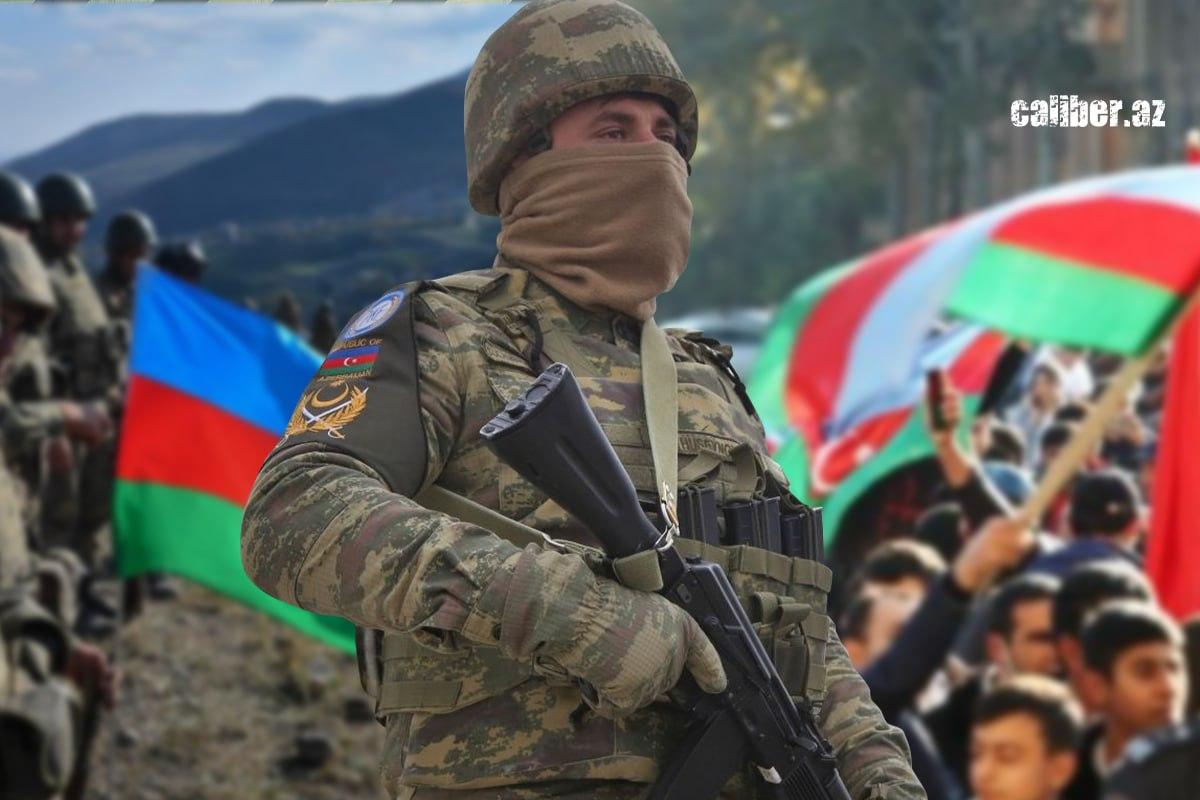Vigilance amid provocations: Azerbaijan's stance on stability A year after Karabakh operations
A year ago, the Armed Forces of Azerbaijan executed a highly successful counter-terrorism operation in the Karabakh region. This operation resulted in the significant dismantling of the Armenian occupation forces and the so-called "self-defence units" of the separatists. While some elements of these forces retreated into Armenia, the puppet regime ultimately opted for dissolution.
The three years following the victorious conclusion of the 2020 war were adeptly utilized by Azerbaijan’s leadership to solidify this triumph on the political front. The success of the 44-day conflict led to the liberation of seven districts surrounding the former Nagorno-Karabakh Autonomous Oblast (NKAO), including the strategically and symbolically vital city of Shusha.
This victory shattered the longstanding status quo and laid the military, economic, logistical, and political foundations necessary for the complete restoration of Azerbaijan's sovereignty, particularly concerning the territories under the temporary control of the Russian peacekeeping contingent. We recall how the nation's leadership diligently pursued this objective day by day.

We also recall the challenging geopolitical landscape that accompanied these developments, marked by Armenia's obstinacy, bolstered by the support of global powers, in its refusal to cease funding and arming the remnants of the separatist entity. Numerous traps were laid by Yerevan, Paris, and others in an attempt to hinder Azerbaijan's path toward the complete restoration of sovereignty. Yet, none of these efforts proved effective. As desperation grew, some began to grasp at the notion of voluntarily transferring Armenians from the Karabakh region of Azerbaijan to Armenia.
Throughout this period, Baku consistently communicated to the peaceful Armenians of Karabakh that their lives and safety were assured, and that they could continue to reside in Azerbaijan, enjoying the same rights as all other citizens, provided they accepted Azerbaijani citizenship. However, the Armenians of Karabakh opted to leave. This decision can be attributed to various factors, all of which stem from a deep-seated animosity toward Azerbaijanis, making it difficult for those raised in such an environment to envision a future within our state.
Simultaneously, the resettlement of Armenians from Karabakh to Armenia was orchestrated by various forces antagonistic to Azerbaijan. These included the Armenian government, which had yet to fully abandon the notion of “miatsum” (unification), as well as revanchist factions within Armenia, the Armenian Church, the diaspora, and certain global powers resistant to the evolving geopolitical landscape of the South Caucasus. These entities sought the relocation of Armenians to facilitate accusations of “ethnic cleansing” against Azerbaijan, aiming to secure the return of those who left under their own volition, often under conditions that explicitly excluded the acquisition of Azerbaijani citizenship.

The Armenian leadership, which purports to be committed to peace, has repeatedly attempted to hold Azerbaijan accountable for alleged war crimes. Now, precisely one year after the events in question, the Armenian Foreign Ministry has issued a statement. It may be prudent to examine certain excerpts from this document more closely, particularly as its content could potentially be wielded against its authors in a compelling manner.
“A year ago, on September 19, as a result of Azerbaijan's military “attack” (quotation marks - hereinafter ed.), the entire indigenous population of “Nagorno-Karabakh”, more than 115,000 Armenians, were forced to leave their homes within a few days,” Armenian diplomats proclaim to the world.
Well, first of all, there are serious doubts about the number of those who left. Baku has methods of calculation, which can prove that this number is overestimated by Yerevan by times. But even this is not the most important thing. The main thing is that no authority can recognize the counter-terrorist operation as a “military attack”, because Karabakh is an internationally recognized territory of Azerbaijan, and the state cannot attack its own territory.
By the way, by the time of the operation, Pashinyan had already repeatedly recognized Karabakh as part of Azerbaijan. Thus, official Yerevan not only demonstrates ignorance of international law, but also positions itself as a party that does not recognize the territorial integrity of Azerbaijan, contrary to numerous statements.
“A year ago, on September 19, as a result of Azerbaijan's military ‘attack’ (quotation marks - hereinafter ed.), the entire indigenous population of ‘Nagorno-Karabakh,’ comprising over 115,000 Armenians, was compelled to abandon their homes within a matter of days,” assert Armenian diplomats to the international community.
Firstly, there are substantial doubts regarding the accuracy of the stated figure. Baku possesses methodologies for calculation that could convincingly demonstrate that Yerevan has significantly inflated this number. However, this concern pales in comparison to a more fundamental issue. No legitimate authority can classify a counter-terrorist operation as a “military attack,” given that Karabakh is an internationally recognized territory of Azerbaijan; a state cannot conduct an attack against its own territory.
Moreover, by the time of the operation, Prime Minister Pashinyan had already acknowledged Karabakh as part of Azerbaijan on multiple occasions. Consequently, official Yerevan not only reveals a lack of understanding of international law but also positions itself as a party that fails to recognize Azerbaijan's territorial integrity, despite numerous public declarations to the contrary.
“This 'deportation,' which the Armenian Foreign Ministry characterizes as the latest phase of an 'ethnic cleansing' policy, occurred during the UN General Assembly session, a time when the international community was once again focused on the urgent need for peaceful conflict resolution, stability, and development, while condemning the use of force, violations of international norms, and human rights abuses in various regions worldwide.”
Under the Rome Statute of the International Criminal Court, which Armenia has recently and eagerly ratified, the term “deportation or forcible transfer of population” pertains to the coercive removal of individuals from an area where they are lawfully residing, in the absence of any legally recognized justifications under international law.
In other words, it is insufficient to merely assert that deportation has occurred; evidence must also be provided to demonstrate that the displacement of individuals was indeed forced and coercive. However, no such evidence exists, nor can it be produced. Interestingly, the Armenian side has consistently failed to mention any evidence in this regard.
To avoid tediousness, let us highlight a notable passage from the statement, which effectively encapsulates its underlying agenda: “Next week in New York, high-level discussions at the UN General Assembly will recommence. The events of the past year underscore the urgent need for concerted efforts to ensure international stability and to implement initiatives that foster peace.”
We shall observe what tangible contributions, beyond mere rhetoric, the Armenian delegation and its foreign supporters can present at the UN General Assembly.

Let us anticipate that their efforts will ultimately be futile. However, as was consistently emphasized, the primary threat posed by Yerevan's current stance does not stem from international pressure on Azerbaijan. We are witnessing yet another maneuver by official Yerevan aimed at undermining the negotiation process, which implies that peace and stability in the South Caucasus remain elusive.
Armenia and its allies have chosen a destructive path, fostering a narrative that instills animosity in new generations of Armenians. This necessitates that Azerbaijan remain vigilant against various provocations. Such is the reality we face. Peace is what we aspire for, as the classic saying goes. Yet, how gratifying it is to acknowledge that Karabakh has returned home. It is a profound relief to safeguard a homeland that is whole and unblemished. We are eternally grateful to the Azerbaijani soldier who made this possible, sacrificing his blood for our cause.








